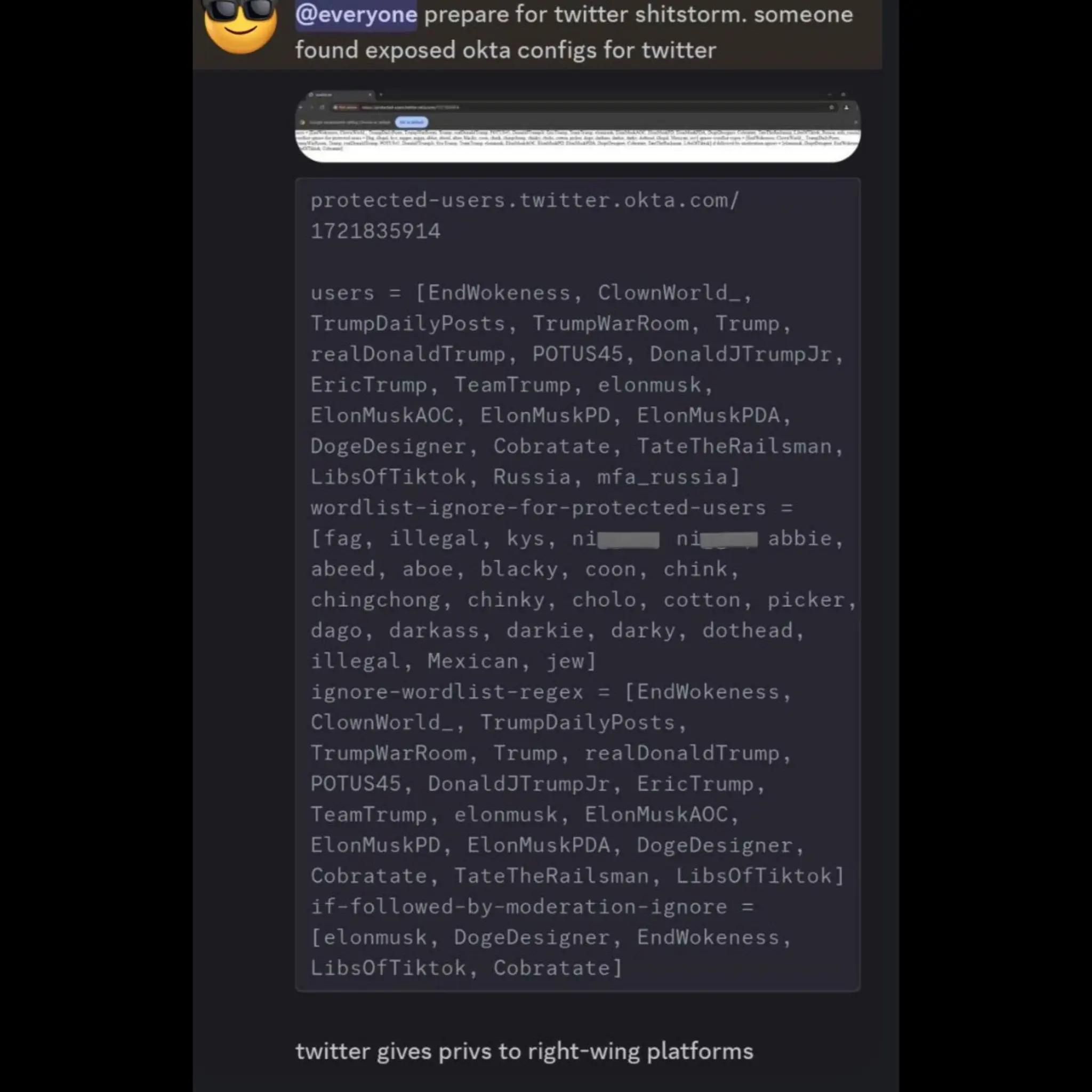Technology
37413 readers
81 users here now
Rumors, happenings, and innovations in the technology sphere. If it's technological news or discussion of technology, it probably belongs here.
Subcommunities on Beehaw:
This community's icon was made by Aaron Schneider, under the CC-BY-NC-SA 4.0 license.
founded 2 years ago
MODERATORS
1
2
3
1
Google says it never collected users’ personal information / Asks for summary judgement
(www.courthousenews.com)
4
6
1
A new tool for copyright holders can show if their work is in AI training data
(www.technologyreview.com)
7
8
9
10
11
12
13
14
15
16
17
18
19
20
21
22
23
24
25
view more: next ›
